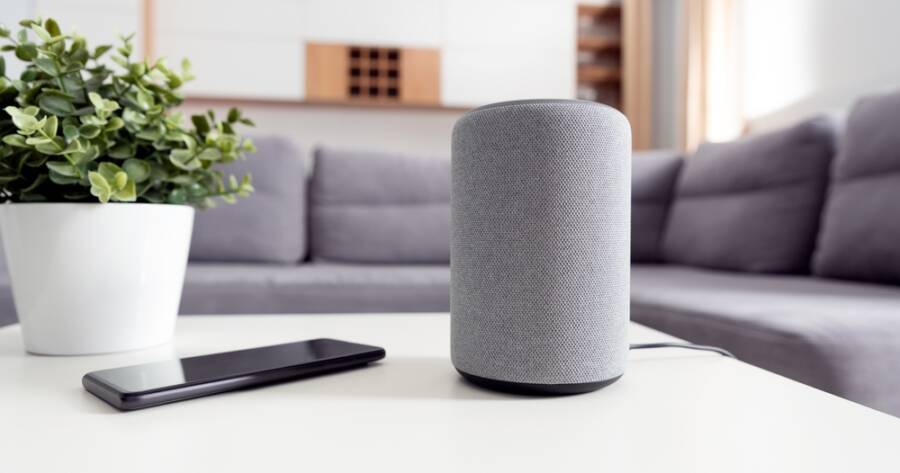Artificial Intelligence (AI) is no longer just a futuristic concept, it’s deeply embedded in our daily lives. From personalized recommendations on shopping apps to smart assistants in our homes, AI is transforming the way we work, shop, and live. As it continues to evolve, AI is reshaping industries, streamlining tasks, and creating new opportunities for convenience, efficiency, and innovation.
AI at Work: Automating Tasks and Enhancing Productivity
In the workplace, AI is taking on more than just repetitive tasks, it’s becoming a strategic partner. Many businesses now use AI-powered tools to manage workflows, analyze data, and even make hiring decisions.
- Automation and Efficiency: AI can handle time-consuming tasks like data entry, scheduling, and customer service. Chatbots, for example, are used by companies to provide 24/7 customer support without the need for a human agent.
- Data-Driven Decisions: AI algorithms help businesses analyze massive amounts of data quickly, uncovering trends and insights that would be hard for humans to identify alone. This leads to smarter marketing, better forecasting, and improved decision-making.
- Enhanced Collaboration: AI-powered platforms like Slack, Microsoft Teams, and Zoom now integrate features like real-time transcription, smart scheduling, and automated meeting summaries, making teamwork more seamless—even across time zones.
AI isn’t replacing humans; it’s augmenting what we can do, allowing professionals to focus on creative, strategic, and human-centered tasks.
AI in Shopping: Personalization and Smart Experiences
Whether you’re browsing for clothes, groceries, or a new gadget, AI is likely guiding your experience behind the scenes.
- Personalized Recommendations: Online retailers use AI to analyze your browsing and buying behavior, offering suggestions tailored to your tastes and habits. Think of the “You May Also Like” section on Amazon or Netflix’s algorithm that recommends your next binge-worthy show.
- Smart Search and Voice Shopping: AI enhances search functionality by understanding natural language and even visual inputs. Apps like Google Lens allow users to search products by taking a photo. Voice assistants like Alexa or Siri make shopping as easy as saying, “Order more paper towels.”
- Inventory and Logistics: Behind the scenes, AI helps businesses predict demand, manage inventory, and optimize delivery routes. This reduces delays and ensures popular items stay in stock—improving both customer satisfaction and sustainability.
AI is redefining retail by making the shopping experience more personalized, intuitive, and efficient—for both consumers and businesses.
AI at Home: Smarter Living and Convenience
AI has become a quiet yet powerful presence in our homes, making everyday life easier and more connected.
- Smart Assistants: Devices like Google Assistant, Amazon Alexa, and Apple’s Siri help manage everything from setting reminders to controlling smart lights and thermostats—all with simple voice commands.
- Home Security: AI-powered home security systems can recognize familiar faces, detect unusual activity, and send real-time alerts to your phone. They offer peace of mind with minimal manual monitoring.
- Health and Wellness: AI is also making strides in personalized health. From fitness trackers that adjust your goals based on performance to sleep monitors that suggest routines for better rest, AI is helping people take control of their well-being.
As AI continues to evolve, we’re seeing homes that not only respond to our needs but anticipate them—making daily routines smoother and more enjoyable.
Embracing the AI Era
AI is no longer reserved for tech experts and corporations—it’s part of our everyday lives, influencing how we work, shop, and live. While concerns about privacy, ethics, and job displacement remain important topics, there’s no denying that AI also brings vast potential to improve our lives in meaningful ways.
By understanding and embracing AI’s role, we can make smarter choices, enjoy greater convenience, and prepare for a future where humans and machines work better—together.

